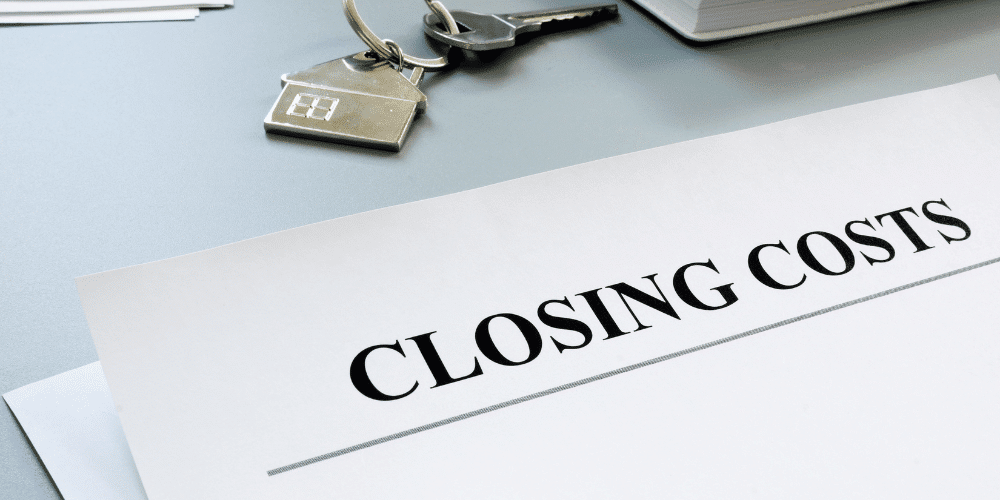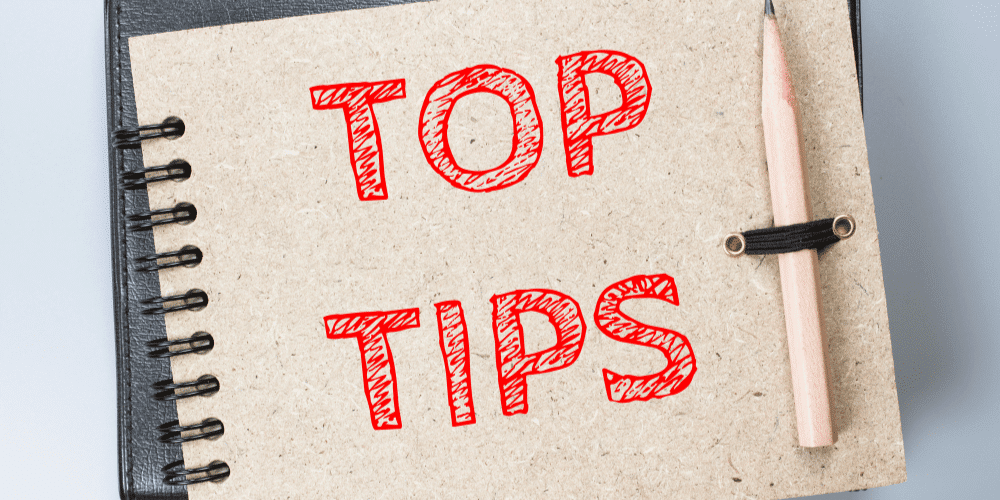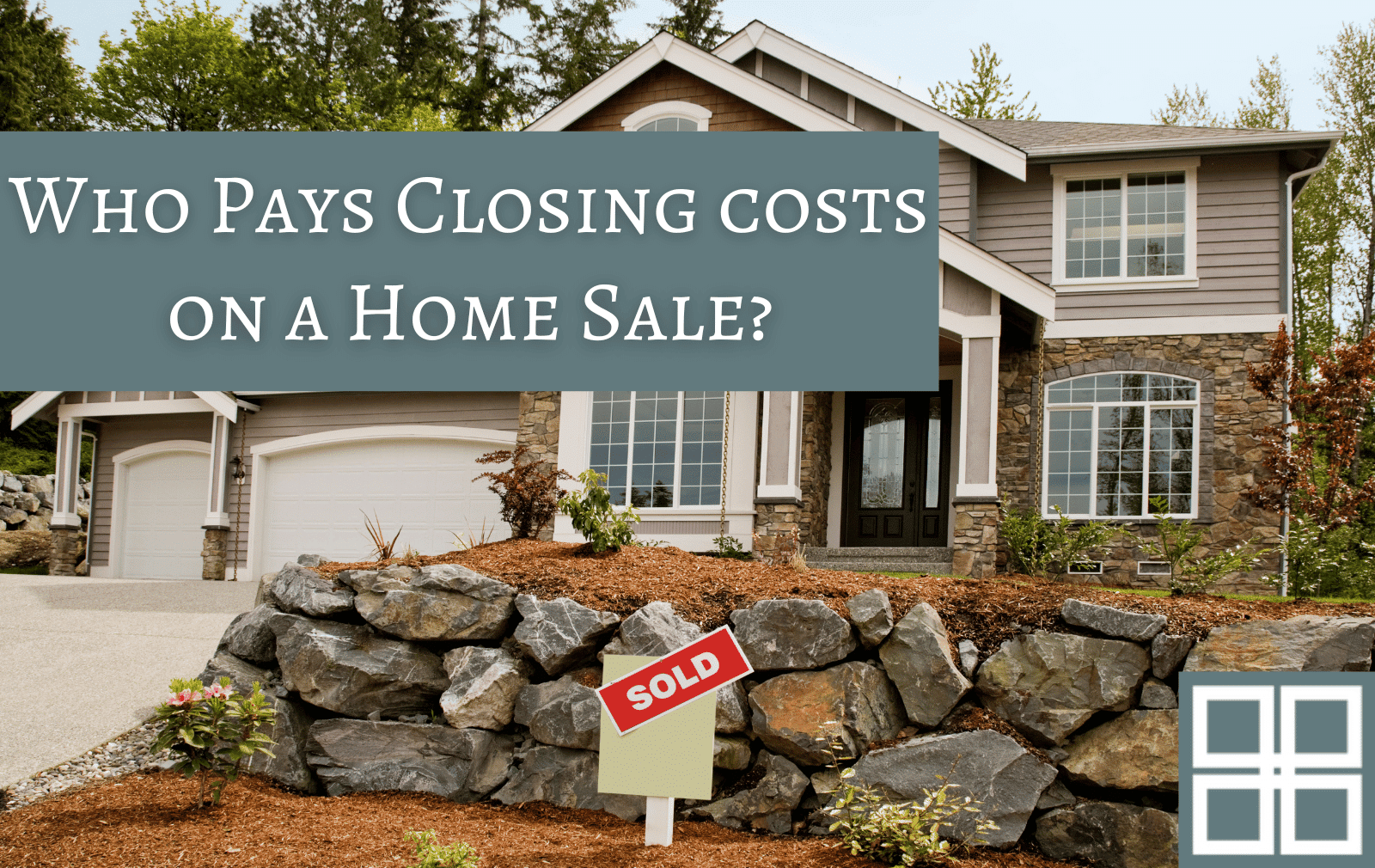Who Pays Closing Costs on a Home Sale?
When you’re buying or selling a home, it’s natural to focus on the big costs upfront. For the buyer it’s things like down payment and moving expenses. The seller will be looking at factors like repairs or preparing the house for showings.
However, as anyone who’s been involved in the purchase or sale of a home knows, those aren’t the only costs. Before the deal is done, there are other expenses that need to be taken care of. Of course we’re talking about closing costs.
So, who pays these closing costs? Well, the short answer is both the seller and buyer are responsible for their part. However, the specific fees and amounts they pay aren’t the same.
If you’ve been involved in a real estate transaction before, then you might be familiar with all of this. However, for first time buyers especially, it may seem a bit confusing.
With that in mind, let’s dive deeper into the concept of closing costs, and explain who pays for what. We’ll also answer a few more questions you may have about them.
What are closing costs?
Closing costs are the fees associated with the finalization of a home sale. These fees can vary depending on the location and the type of property being purchased.
Let’s take a look at the most common closing costs associated with any real estate transaction, and who pays them. Additionally, we’ll explain how they’re paid.
Buyer costs
Typically, buyers are responsible for paying the following costs at closing. Many of them have to do with obtaining a home loan. Keep in mind, when it comes to closing costs for buyers, they’re usually paid out of pocket.
- Attorney costs: Real estate lawyers can review contracts and titles and help draft closing documents. They typically charge hourly, but some tasks may have a set fee.
- Home inspection fee: If you opt for a home inspection to assess the property’s condition, you’ll pay the inspector’s fee at closing.
- Appraisal fee: If you’re getting a mortgage, the bank will request an appraisal to estimate the home’s value during the application process.
- Underwriting/credit reporting fees: The lender may charge fees for running a credit check and other underwriting tasks related to your loan.
- Prepaid interest: This is the interest accumulated between your closing date and first mortgage payment.
- Homeowners insurance: Lenders may require a homeowners insurance policy with the first premium payment due at closing.
- Title search fee and insurance: Title insurance covers future claims or issues with the home’s title. Lender’s title insurance is typically mandatory, but buyers can also get owner’s title insurance for added protection.
Seller costs
The following closing costs are typically the ones that the seller is obligated to pay. Unlike the buyer’s out of pocket costs, these would generally be deducted from the purchase price of the home.
- Realtor commissions: Both the buyer’s and seller’s agents receive compensation for their role in the home sale. Sellers usually pay a percentage of the final purchase price for both commissions.
- Title fees: These are the costs associated with transferring the home’s title from the seller to the new buyer.
- Homeowners association fees: If the home is in a community with a homeowner’s association (HOA), any outstanding HOA fees must be paid at the closing.
- Property taxes: If there are any unpaid property taxes, the seller will be responsible for bringing them current up to the amount owed at the time of closing.
While the list of fees a buyer pays looks a whole lot longer, they usually pay less in closing costs overall. However, these are strictly the closing costs, and don’t include any down payment, which would be separate.

How much are closing costs?
While there is no fixed amount when it comes to closing costs, and state averages vary, there is a general range for both the buyer and seller. Usually, a seller will pay anywhere from 6% to 10% of the home’s purchase price at closing. For a buyer, the number typically falls somewhere between 2% and 5% of the sale price.
As an example, if you were buying a home for $250,000, your closing costs would probably range from $5,000 to $12,500. If you were the seller of that same property, you’d most likely be looking at costs of anywhere from $15,000 to $25,000.
Unfortunately, a buyer might not know what these costs will add up to until a few days before closing. They should receive either a closing or settlement statement around three business days before the closing date. This statement itemizes all the costs and what the total they’ll expect to pay at the closing table will be.
Sellers tend to have a little more advanced knowledge. An experienced agent will provide them with a seller’s net sheet. This is an itemized list of their portion of the closing costs that will come out of their gross profit on the sale of the home. This gives them a fairly accurate estimate of what they’ll receive from the sale once the final contract is signed.
The loan type can have an effect on closing costs
As we mentioned earlier, in most cases, a buyer can expect to pay around 2% to 5% of a home’s purchase in closing costs. However, this is based on a conventional loan. The type of mortgage a buyer selects can actually greatly impact the closing costs.
When buyers make a small down payment on their new home they may be subject to additional fees from lenders. These act as a form of insurance against default or delinquency, and these costs are usually due at closing.
Government-backed loans that require low down payments, like VA and USDA loans, come with one-time funding or upfront fees, respectively. FHA loans require borrowers to pay a mortgage insurance premium (MIP). The MIP is equal to 1.75% of the total loan amount at closing, as well as annual premiums going forward.
Buyers borrowing from a private lender with a down payment of less than 20% will pay private mortgage insurance (PMI). Some lenders might ask for an upfront PMI payment at the closing. This means that an entire year’s premium is paid in one lump sum.

Tips for saving on closing costs
As we’re sure you’ve realized by now, closing costs can add up quickly. Fortunately, there are some strategies you can use to reduce the total amount buyers have to pay. Here are some tips for saving on closing costs:
- Negotiate seller concessions: Buyers can negotiate with sellers to pay some or all of their closing costs. This can be in lieu of making home repairs or lowering the asking price. For example, in some states, sellers are expected to pay for title insurance policies for new owners. These seller concessions are usually included in the initial purchase agreement, but can be added later.
- Lender credits: Lenders may be willing to pay a portion or all of the buyer’s closing costs. This is in exchange for a higher interest rate on the loan. While it can mean more over time, it can save a lot of upfront costs.
- Closing cost assistance programs: There are programs available for low-to-moderate income or first-time homebuyers. They provide grants or loans to help cover closing costs.
The bottom line
No matter whether the buyer or seller, both parties should expect to pay at least some of the closing costs. As such, they should be budgeted for. But remember, who pays what is negotiable.
Additionally, buyers should always be mindful of the type of loan they select, as it can have an impact on what closing costs they’ll pay.
Closing costs are an essential part of the home buying or selling process. But with a little bit of knowledge and strategy, you can potentially save yourself some money.
So, if you’re looking to sell your home or buy in the Savannah area, be sure to reach out to us at the Heather Murphy Group. Our experienced team of real estate professionals can guide you through the entire process. Contact us today and let’s get started on making your real estate dreams a reality!









